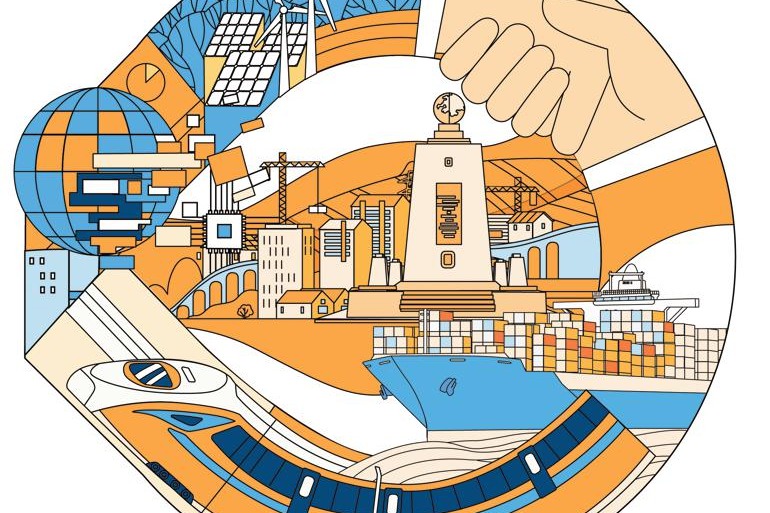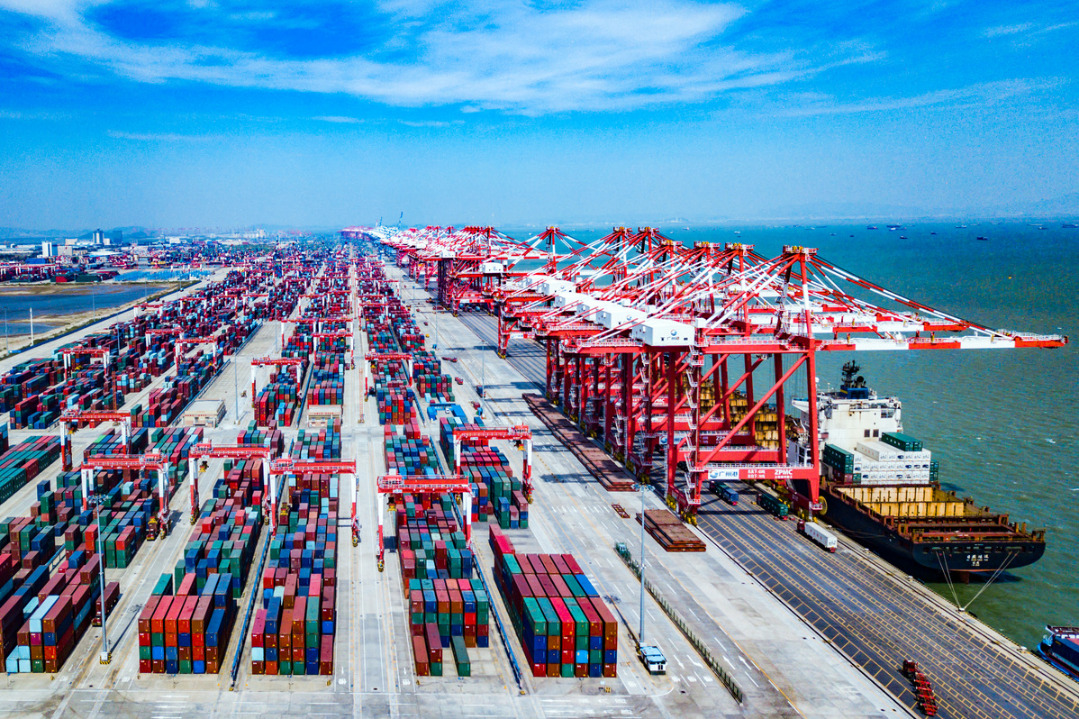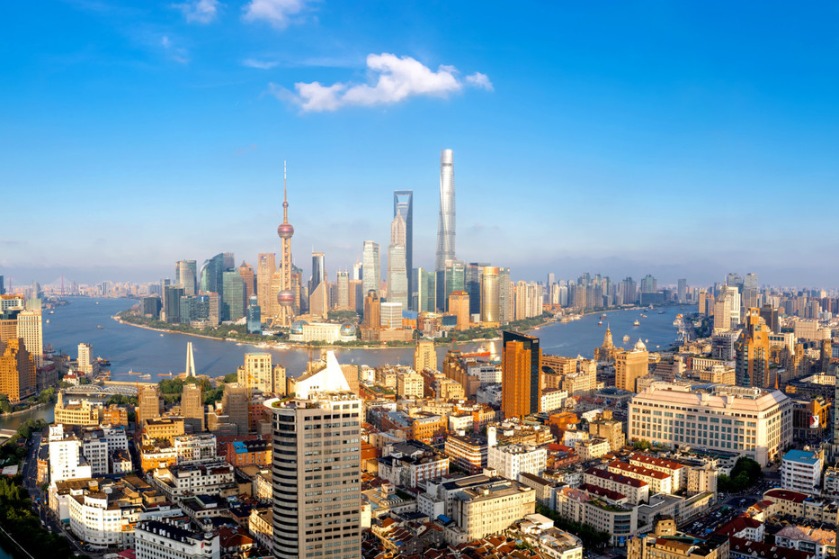Hong Kong needs to start rebuilding its world status


As the dust stirred by more than five months of anti-government protest slowly settles, we begin to see the extent of the collateral damage, both immediate and longer-term, left in its wake.
Besides the all-too-visible destruction of many public and private facilities, there are many less-obvious and immediate victims, including Hong Kong’s reputation for rule of law, and the overall cost to its economy. The latter will go on suffering even after this political crisis has come to an end.
Don’t hold your breath. The turmoil has already shaved 2.9 percent off of this year’s third-quarter year-on-year GDP. Among the sectors hardest hit are catering and tourism.
Economic projections for next year are even direr. GDP is forecast to plunge into negative territory of around minus 5 percent, while the unemployment rate is predicted to rise from its current level of around 3 percent to 5 percent. This would mean joblessness for tens of thousands of people, mostly new job-seekers or university graduates. The failure of these youths to secure suitable employment could trigger fresh waves of social grievance and outcry or, worse, a return to the sort of violent unrest that has so recently rocked our society to the core.
The government and society at large need to focus all their efforts on making absolutely sure the economic situation shows signs of improvement to accommodate new university graduates. Besides rejuvenating and repairing the overall economy, the government needs to create and secure a more viable business environment for small and medium-sized enterprises.
Since protests began in June, more than 200 restaurants have been forced to close as a direct or indirect result of the political turmoil. Hong Kong’s brand name must be restored in the eyes of the world, and we need to rebuild confidence overseas, the Chinese mainland included, so as to bring back tourists and investors.
We must also focus on rehabilitating society on many levels, from mega projects down to less visible, but no less vital, local and neighborhood initiatives. We must repair the structural and economic damage done, but more than this, the human cost must be taken into account.
We need to rebuild the goodwill that once existed between us — the mental health of many citizens has been sorely tested these last five months. Trust between different sectors of society has to be re-established as part of a general civic reconciliation. All of us have a part to play in this colossal project.
Now is the time to take stock of the events that have been swamping us since early June.
In the initial stage of unrest, protesters had a clear focus and objective: scrapping the controversial extradition bill. In this they succeeded. These primary protest actions attracted a mass following of several hundreds of thousands of people. On the surface, it seemed to be loosely “led”, its various spokespersons being drawn from the student opposition and the legislature.
Then came the stage of fragmentation. Splinter groups, both large and small, began to take on separate identities while remaining under the communal umbrella of the protest movement. And they began to act independently. The small pockets consisted at times of just a few determined souls, whereas the larger ones attracted tens of thousands of followers. These groups, however, were alike in lacking any clear leadership or representative head. Their demands were not focused and often verged on the irrational.
The third stage has been one of radicalization. With fewer people actively involved at the core, many splinter groups spiraled toward committing increasingly radical and violent acts. At their extreme, these factions endorsed vandalism and firebombing.
Next comes the stage of weakening. This is categorized as when the extreme actions of protesters are no longer approved of by the majority of the population. Hong Kong is moving now toward this stage. It is crucial for the government to maintain patience at this point, allowing the protest movement to weaken, fade out, and die a natural death.
After the turmoil has subsided, we have to carefully encourage a period of rehabilitation during which society must start to piece itself together. This is an extremely important phase. If mishandled, all previous efforts at reconciliation will be wasted, and we’ll find ourselves back at “Stage One”, with all hell breaking loose again. It is not only the job of the government but of society as a whole to ensure the success of this process of civic rehabilitation.
Aside from the economy, we need to care for the mental well-being of all Hong Kong people, including rioters, many of whom have been deeply traumatized by the events of the last few months.
Rioters, in particular, having released their “animal instincts” through violent actions, are likely to feel repressed and disorientated now that their protests have ended. Some have been arrested or even imprisoned, and the tension of their emotions might well still be coiling within.
Two paths toward rehabilitation can be taken at this point. The first, known as “sublimation”, seeks to convert anger into positive energy. This is then channeled into doing good. However, it may also trigger responses at the other end of the spectrum, kick-starting depression in the subject, and giving rise to anti-social tendencies.
With that in mind, the government and the medical sector need to be united in finding compassionate solutions to help rioters recover during the crucial aftermath period, in addition to holding them accountable for breaking the law.
Secondly, we need to tackle the root causes of the problem, prime among them being the education of our youths. This needs to emphasize the recognition of right from wrong, basic decency, and respect toward others, along with a healthy dose of love and respect for their country and Hong Kong.
The above path is backed up by shocking police figures showing that, of the 5,890 people arrested since June, about 40 percent were students. Of these, 910 were younger than 18.
The educational angle is an essential and integral factor to long-term rehabilitation. Should further evidence of its implementation being necessary, a recent poll showed that 61 percent of respondents felt it was acceptable for young people to express their views through violent actions.
It shows there is plenty of room for improvement in Hong Kong’s educational methods if we are to succeed in creating a viable future for our youngsters.
The author is president of Wisdom Hong Kong, a local think tank.
The views do not necessarily reflect those of China Daily.


































